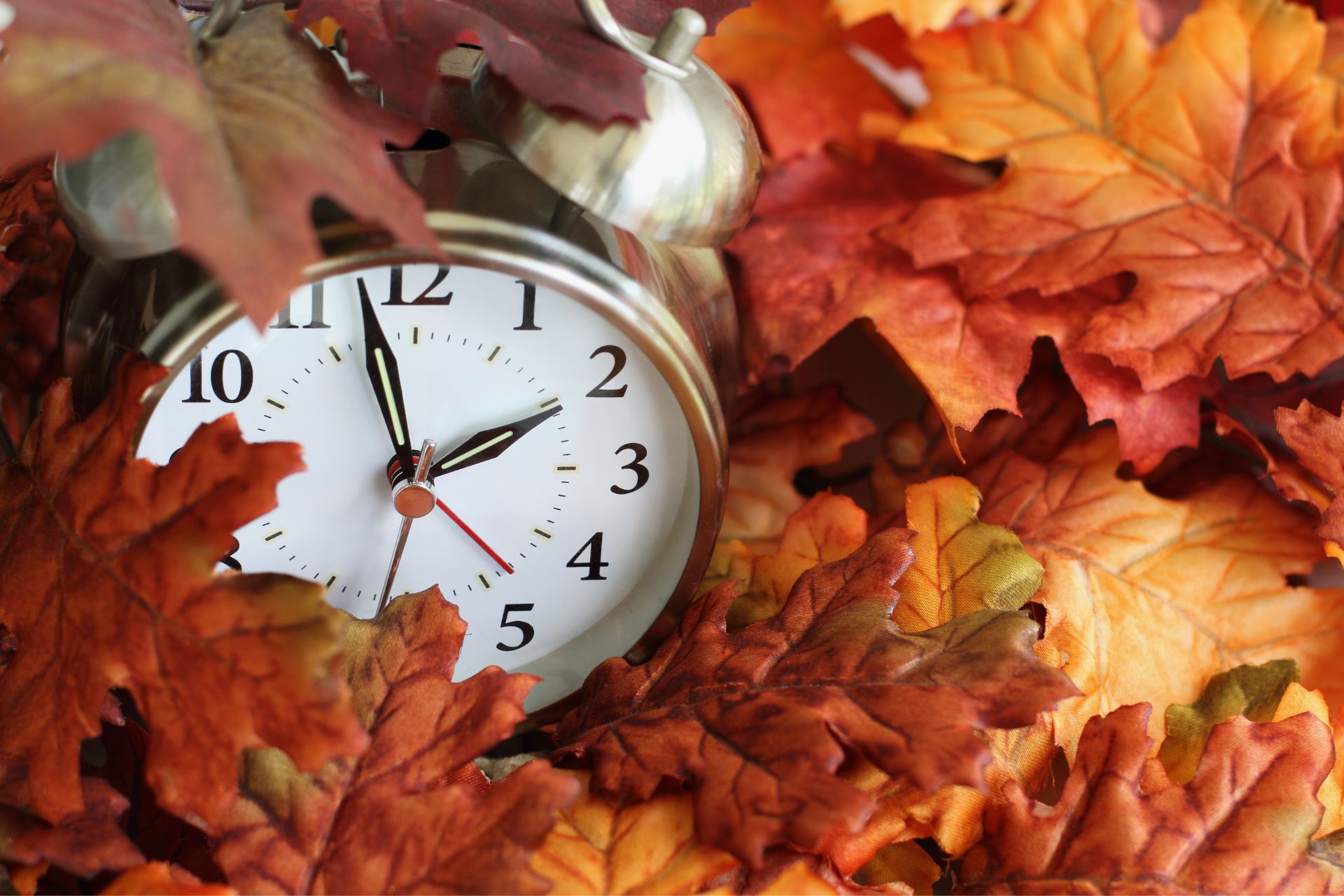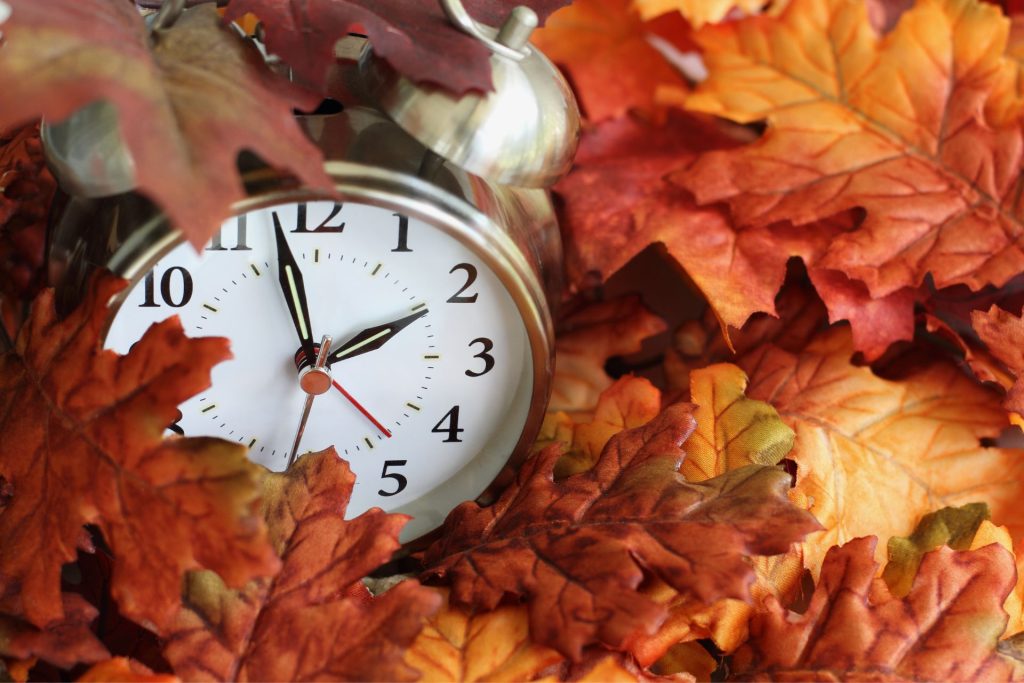Depression And Daylight Savings Time

Depression And Daylight Savings Time
Daylight savings time can have a significant impact on mental health, particularly for individuals who struggle with depression. The shift in daylight hours can disrupt circadian rhythms, leading to changes in sleep patterns, energy levels, and mood stability.
How Daylight Savings Time Affects Mental Health
- Disrupted Sleep Patterns: Losing or gaining an hour can throw off the body's internal clock, leading to fatigue and irritability.
- Reduced Exposure to Natural Light: Shorter daylight hours can contribute to seasonal affective disorder (SAD), a type of depression linked to changes in seasons.
- Increased Stress Levels: Adjusting to the time change can add additional stress, making it harder to manage existing mental health conditions.
Coping Strategies
To minimize the effects of daylight savings time on mental health, consider the following strategies:
- Gradually adjust sleep schedules leading up to the time change.
- Spend more time outdoors to increase exposure to natural light.
- Maintain a consistent daily routine to support circadian rhythm stability.
- Consider treatments like light therapy or ketamine therapy to manage symptoms of depression.
How Tahoe Ketamine Can Help
At Tahoe Ketamine, we understand how seasonal changes can impact mental health. Our ketamine therapy offers rapid relief for individuals experiencing depression related to daylight savings time and seasonal transitions.
If you are struggling with depression, reach out to Tahoe Ketamine to explore treatment options and regain your sense of well-being.
Learn More About Ketamine Therapy


.svg)
.svg)

